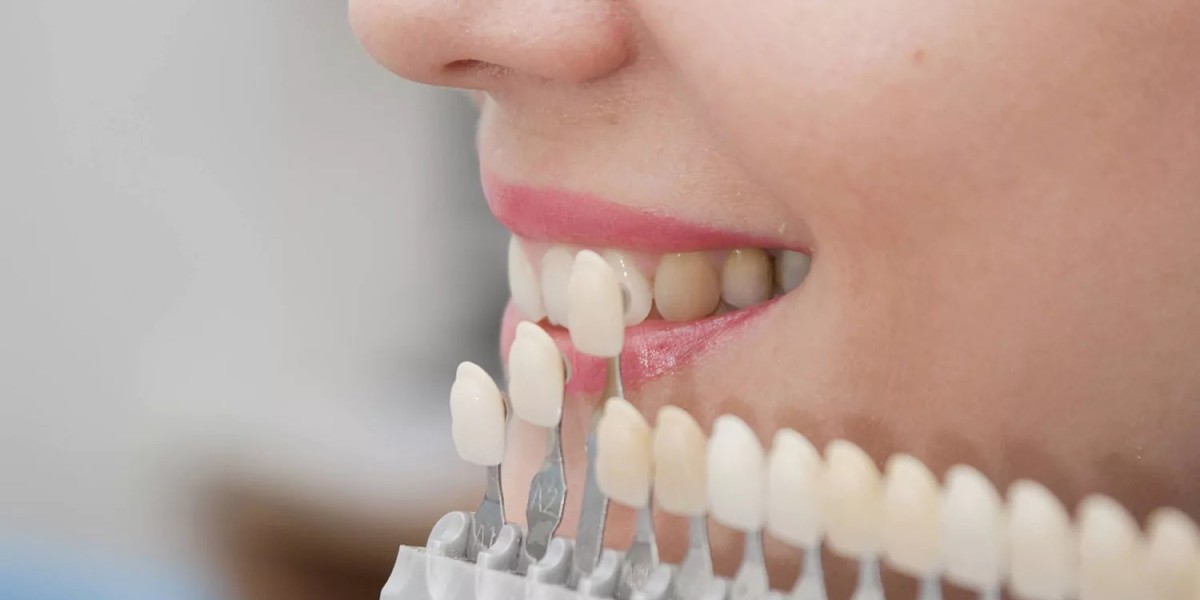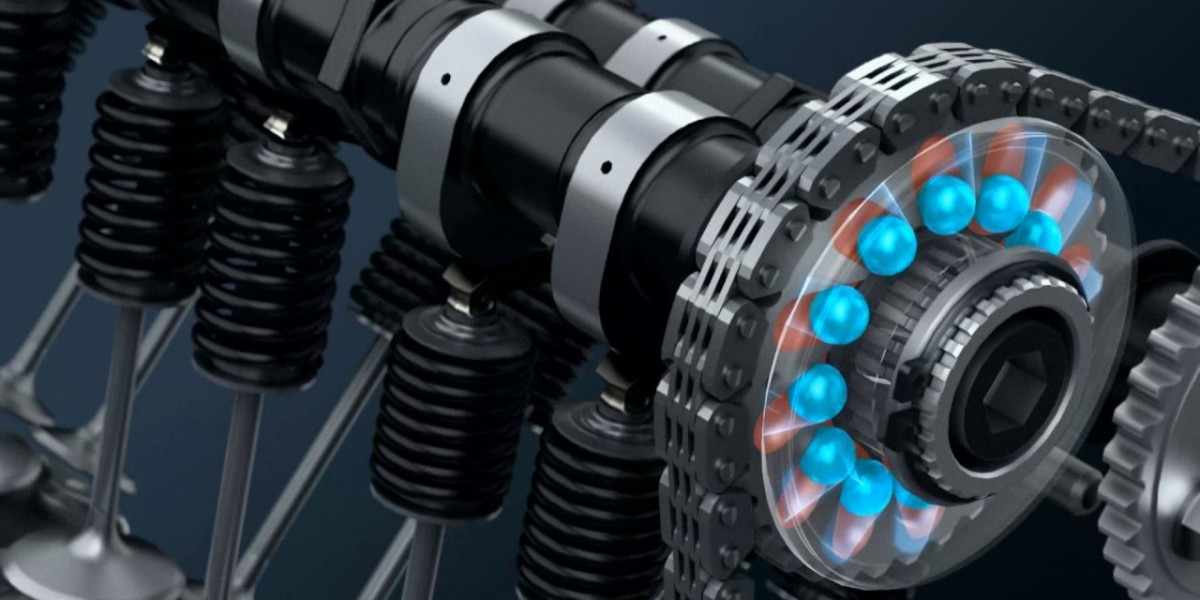If you’re considering a cosmetic dental solution to improve your smile, you may wonder, what’s the lifespan of composite veneers? Composite Veneers in Dubai typically last between 4 to 8 years, depending on several factors such as maintenance, lifestyle habits, and dental care. While they are more affordable and quicker to apply than porcelain veneers, their longevity can be influenced by how well you take care of them daily.
How Long Do Composite Veneers Last on Average?
The average lifespan of composite veneers ranges from 4 to 8 years, with some lasting even longer with exceptional care. However, they are generally less durable than porcelain veneers, which can last up to 15 years.
The expected lifespan depends on:
Quality of the resin material used by your dentist
Skill of the dentist applying the veneers
Daily oral hygiene routines such as brushing and flossing
Diet and lifestyle habits like smoking or coffee consumption
Avoidance of trauma such as grinding or biting hard objects
Proper care and a healthy oral environment can help extend the life of your veneers significantly.
Factors That Shorten Veneer Lifespan:
Despite their advantages, composite veneers are susceptible to wear and tear. There are several factors that can accelerate their degradation and reduce how long they last.
Common causes of early veneer failure include:
Bruxism (teeth grinding) which can chip or crack veneers
Poor oral hygiene leading to gum disease or decay underneath
Eating hard foods like ice, nuts, or hard candy
Using teeth as tools to open packages or bottles
Frequent consumption of staining substances like red wine, tea, and tobacco
Being mindful of these habits can make a big difference in veneer longevity.
How to Extend the Life of Composite Veneers?
One of the key benefits of composite veneers is that you can influence their durability through consistent care. Making small changes to your daily habits can result in longer-lasting results.
Tips to maximize veneer lifespan:
Brush twice daily with a soft-bristled toothbrush and fluoride toothpaste
Floss regularly to remove plaque and food particles
Use a nightguard if you grind your teeth at night
Avoid chewing on non-food items such as pens or fingernails
Visit your dentist every 6 months for professional cleanings and checkups
Preventative care not only extends their life but also helps maintain their aesthetic appeal.
When Should You Replace Composite Veneers?
Over time, Composite Veneers Treatment may lose their shine, stain, or become chipped. It’s important to know the signs that indicate it’s time for replacement or professional touch-ups.
You may need to replace them if you notice:
Visible discoloration that doesn't improve with polishing
Chips or cracks that affect appearance or function
Separation from the natural tooth or loose edges
Changes in bite or discomfort while chewing
Dull or worn surface texture that can't be repaired
A skilled dentist can evaluate whether a touch-up or complete replacement is the best option.
Are Composite Veneers Worth It Long-Term?
Even with their shorter lifespan, composite veneers remain a popular and cost-effective cosmetic dental choice. They offer flexibility, quick treatment times, and easier repairs compared to porcelain alternatives.
Benefits that justify their value include:
Lower initial cost making them accessible to more patients
Minimal tooth reduction preserving more natural structure
Quick application often completed in one visit
Easier to repair in case of minor damage
Natural-looking results when applied by an experienced professional
For many patients, the balance of affordability and aesthetics makes composite veneers a worthwhile investment—even if they need to be replaced periodically.








